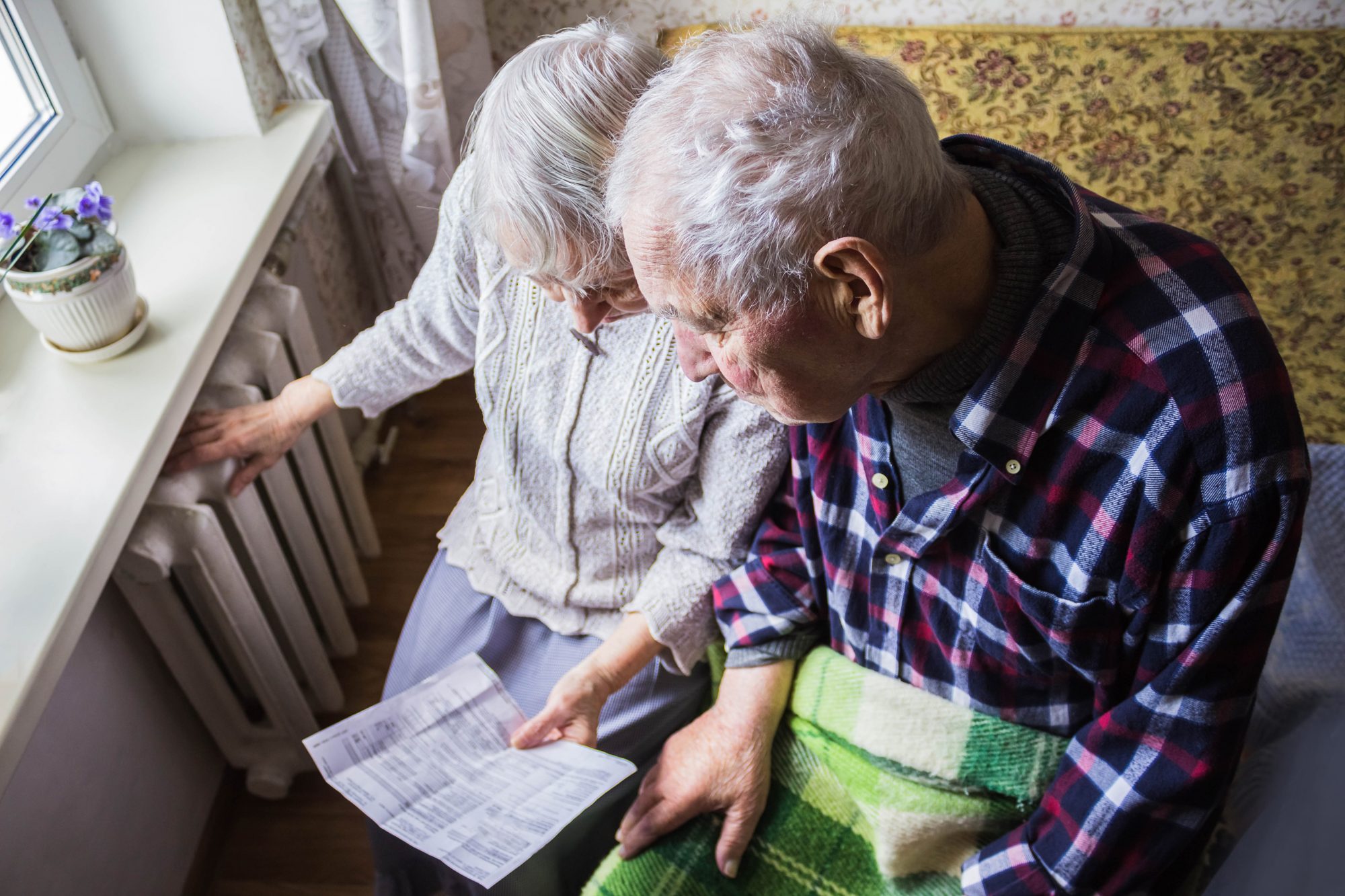The cost of living payments are designed to help households in the UK cope with increased food and fuel prices and rising energy bills
There are two main cost of living payments that the government is introducing: a £650 cash payment to help those on Universal Credit and a £400 grant that will be given to all UK households to help with rising energy prices.
The cost of living payment is a cash payment that will be paid in instalments from July to ease the cost of living pressures amidst a landscape of soaring prices.
The first two instalments will be sent from 14 July and total £650. The first instalment will be £326 with the remaining £324 sent over in the autumn.
The annual £1,200 support package is part of a £37 billion government incentive to that help more than eight million households across the UK.
Detailed plans were set out yesterday by the Work and Pensions Secretary Thérèse Coffey.
Coffey commented: “The second instalment of £324 will be sent to qualifying low income households in the Autumn. The payments are designed to be deliberately slightly unequal to minimise fraud risks from those who may seek to exploit this system.”
What is the £400 discount on energy bills?
The £400 grant will be paid out to all UK households in October to help with soaring energy costs.
The Chancellor had previously stated that £200 would be knocked off energy bills this year. However, this money would have to be paid back in instalments over the next five years.
The government has now decided to double the amount and cancel the repayment.
This means that by October every household in the UK will have £400 taken off their energy bill.
The discount will be made automatically by your energy supplier so there is no need to apply.
I don’t claim to be rich but I do not see any logical reason why I would receive a £400 discount on energy for my 5 bed house with 2 x cars and a fortunate 6 figure salary when people living in far worse conditions qualify for EXACTLY the same?
Why not give me 0 and them 800?
— Lion Glass (@TheLionGlass) June 11, 2022
Who is eligible for the £650 cost of living payment?
Low income households in England, Wales, Scotland and Northern Ireland qualify for the £650 cost of living payment.
Specifically, households in receipt of Universal Credit, income-based Jobseekers Allowance, income-related Employment and Support Allowance, Income Support, working tax credit, child tax credit and pension credit will receive the £650 cash pay out.
If eligible, the first instalment of £326 will land in bank accounts from 14 July and the second will be sent at an unspecified date in the autumn.
The government have stated that cash would be tax-free and not count towards someone’s benefit cap.
In order to be eligible, an individual must be in receipt of benefits payments by 25 May.
It is worth noting that that 850,000 pensioner households are failing to claim Pension Credit which entitled they are entitled to and are therefore missing out on extra payments such as cost of living payments.
Some individuals in receipt of ESA will not receive the cost of living payments.
Can the DWP at least issue a statement as to why disabled people on non means tested Contribution Based ESA are being punished and forgotten about in a time of desperation. We deserve an explanation
— Angela Sessford (@angela_sessford) June 15, 2022
Inflation is at a 40-year high
Inflation – the rate at which prices rise – has reached a 40-year high. The war in Ukraine, Brexit and the pandemic have all contributed to surging prices in the UK.
Food and fuel prices are soaring and many have been plummeted into poverty in the last few years.
According to Statista, in 2018/2019, 1,606,700 people used food banks. In 2020/2021 this had risen to 2,568,597.
Karl Handscomb, senior economist at the Resolution Foundation, a think tank focusing on people on lower incomes, commented on the decision to introduce cost of living payments. He said it is was the: “right call to target flat-rate payments at low-income households”, but believed that the policy contained “rough edges”.
“The support will go much further for single people than for those with large families. And the fact that they don’t automatically go to new claimants means that anyone claiming benefits for the first time since the chancellor’s speech – for example if they’ve recently lost their job – will not get this July payment and will only get the second payment, due in the autumn,” he added.
The consumer group Which? said the cash would “bring relief to many” but policy director Rocio Concha concluded: “The success of these measures will ultimately be judged by whether financial help is getting to the most vulnerable in time to help them through this cost-of-living crisis.”











